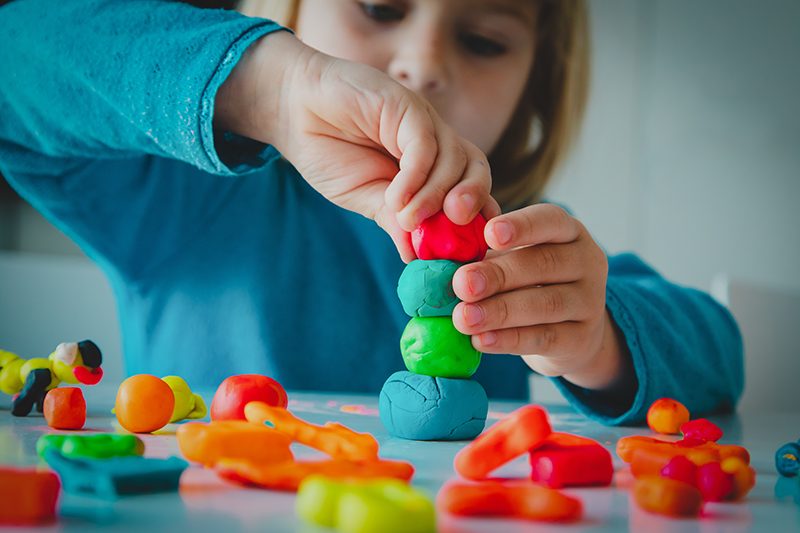
Children are naturally active and they love to move. A child can hone his/her gross motor skills by participating in physical activities. When children participate in physical activities, it also helps in strengthening confidence as well as their self-esteem which will be crucial later on in life.
With proper instructions, children will be able to control and coordinate their movements such as running, walking, cutting, throwing, and catching.
This is where the play-based approach comes in, to motivate and help children to find joy in movement!
Why is Gross Motor Skills Important?

Learning through play engages and improves all the vital senses.
They are important for the children to perform day-to-day tasks without causing any physical issues. If a child lacks these gross motor skills, they might have problems performing their daily tasks like walking or running.
Play-based learning is an effective way of knowing how your child’s gross motor skills are progressing. There are 3 types of motor gross skills: locomotor, non-locomotor, and manipulative.
Locomotor: Running, walking, crawling, jumping, skipping
Non-locomotor: Bending, turning, twisting, stretching, pushing
Manipulative: Catching, bouncing, tossing, kicking, rolling
Gross motors skills are also important in creating body, space, effort, and relationship awareness. These are the 4 main movement concepts adopted from the Movement Framework by Rudolf Laban (1879-1958).
With a play-based approach, children are able to use play to learn about general and personal space. They will learn the use of time and force as well as how our bodies move and, relate objects to people.
Measure Your Child’s Gross Motor Skills
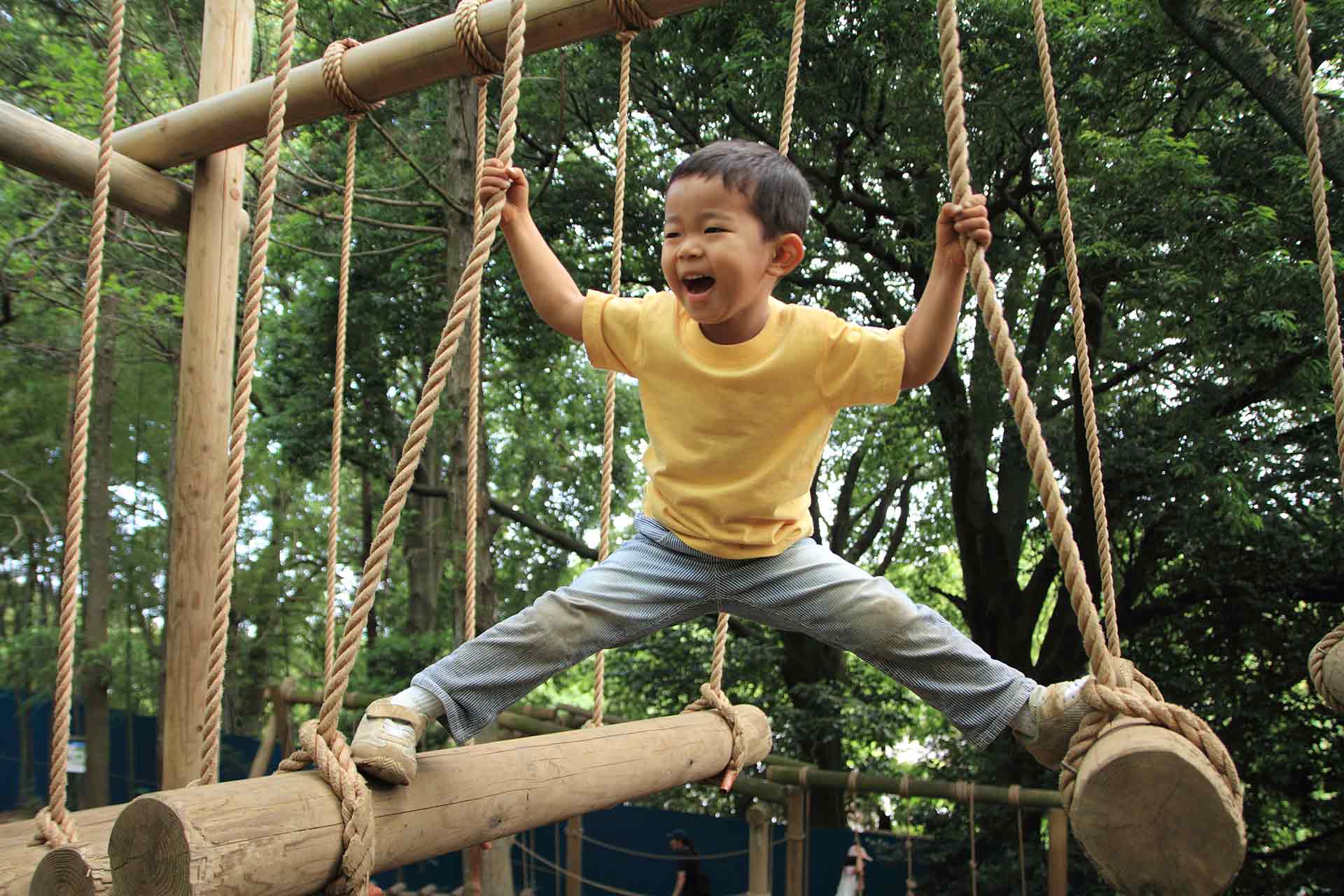
Just a disclaimer, not all children are able to perform certain tasks right at the moment they turned a certain age. For example, walking at 1 year old. But that doesn’t mean you should stop introducing the skills to them. Sometimes they need more time to learn and practice which is perfectly okay!
However, if you are worried about their development, it is best to seek advice from a professional pediatrician.
Here are some gross motor skills they should be learning at their age.
At the age of 2 years your child should be able:
- Walk smoothly
- Run
- Should be able to use the stairs
At the age of 3 years your child should be able:
- Should be able to ride a tricycle
- Climb, for example, high bed or jungle gyms in the playground
At the age of 4 years your child should be able:
- Should be able to hop
- Kick
- Perfect throw
Keep in mind, these are just some common and average feats. Children develop at a different pace from one another. Some children might learn all these skills at an early age while some might learn a little late.
The most important thing is to allow physical activities as much as possible. Too much screen time can hinder progress. Parents can also look into preschools that offer play-based lessons as their main curriculum.
Delay in Motor Gross Skills
There are various reasons some children seemed to struggle with physical movements. Below are some reasons.
- Premature birth
- Low muscle strength
- Hormonal problems
- A genetic disorder or some other diseases
- Neurological disorder
If your child is having difficulty learning gross motor skills then you must consult a physician in this case. Regular checkups are a must to ensure the child is growing earnestly.
How to Use Play-Based Approach to Improve Gross Motor Skills?
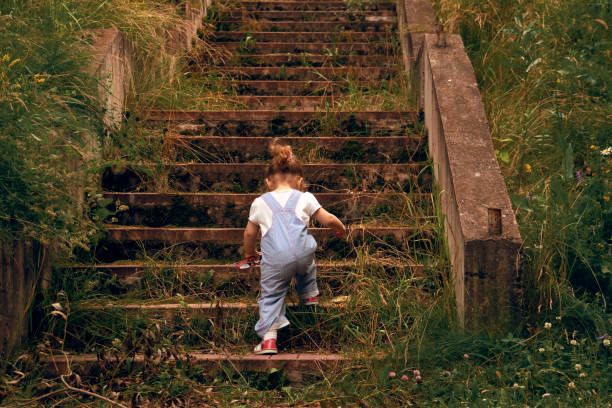
Pediatricians advise that children should have some indoor and outdoor activities so they can explore different physical movements, and mental skills. Being physical also means building muscles!
Play-based learning is the most useful since children love playing different games and activities. Learning through play activities not only helps the kids with their gross motor skills but also various other skills like leadership, teamwork, and quick thinking. Play-based learning can help develop a lot of skills simultaneously.
According to CDC, children between 3-5 years old should remain active throughout the day. I am sure many parents will know that toddlers will have no problems staying active! Try to incorporate activities that will get them moving.
Play-based learning should be:
1) Creative and enjoyable. Let the kids use their imagination and creativity.
2) Activities should be free from any rules or regulations. Do not plan the game, let the children go with their flow.
3) Let the children make their own decision while choosing a game. Parents or teachers should invite and start the game but do not push the children to go with your rules let them play by themselves.
4) Add knowledge-based games that will help kids work their brains and imagination.
Some Outdoor Games To Help Children Learn Through Play
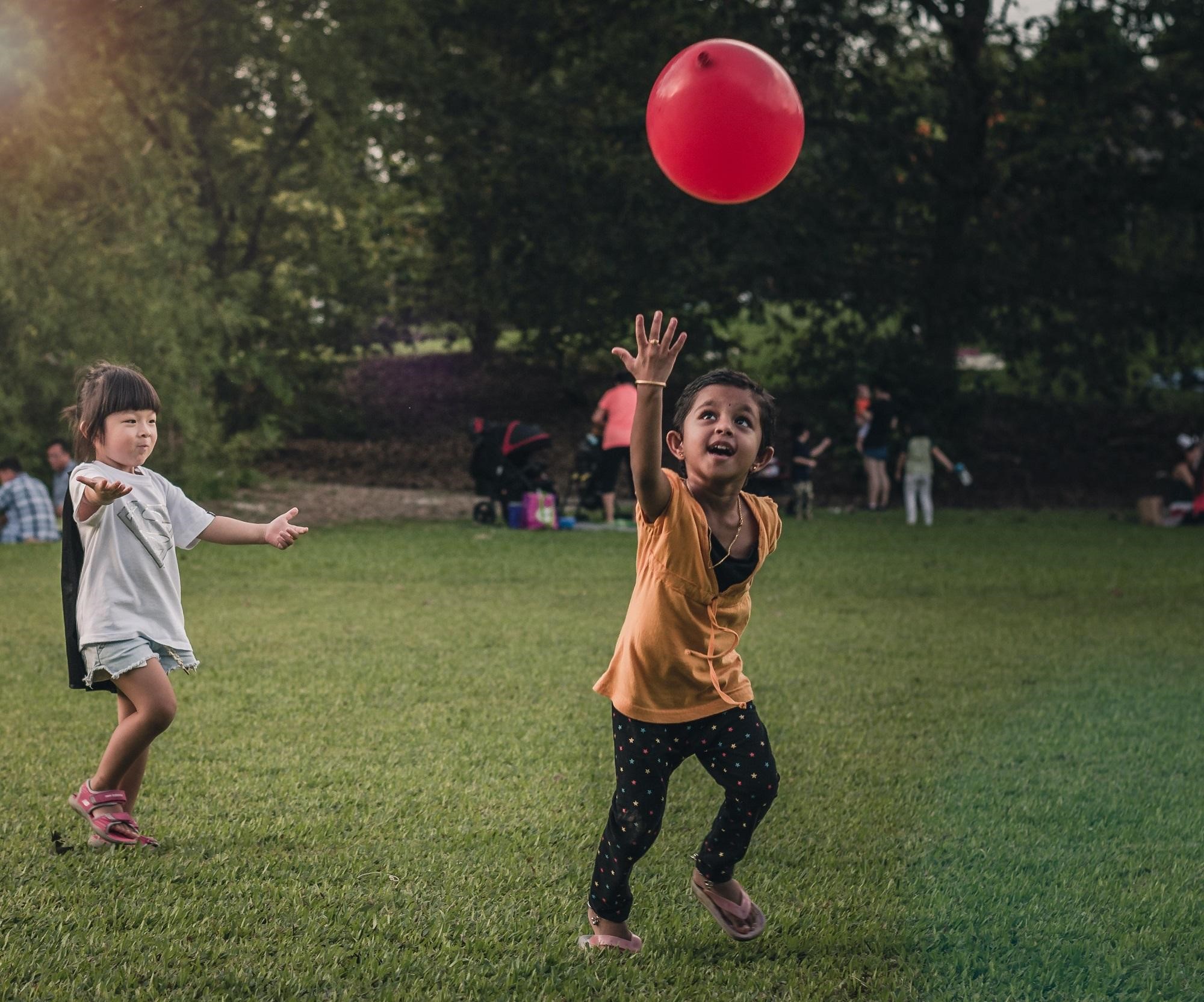
Outdoor activities are important for physical growth as well as for improving children’s gross motor skills. A great way to encourage movement is to participate in outdoor activities together!
Here are some interesting and creative activities you can use to help your kids in their gross motor skills;
Cycling: Cycling will help the children in their overall growth, physical as well as brain and body coordination.
Jumping Games: Jumping games like skipping rope, or the trampoline. “The floor is lava” is a popular game that is excellent for muscle building, coordination, and body balance.
Dancing: Dancing is a great combination of physical and mental activity. Children can learn new dance steps or go freestyle, letting them go with their creativity.
Hopscotch: A nostalgic game in school! While this game is simple and easy, it helps the children to learn to hop and it builds muscle strength.
Running and Walking: Take your children out for a walk or running at least once a day.
Playground: Playing on the swing, slides, ladders, or wobbly bridge helps children know the weight balance, coordination also playing with other kids will help them learn teamwork.
There are many learning-based play activities to improve gross motor skills or you can simply come up with your unique ideas.
Conclusion
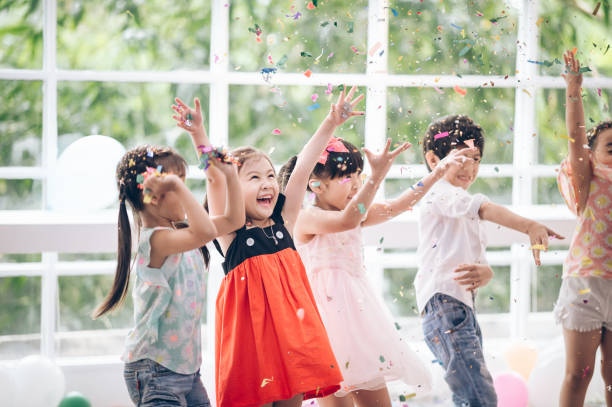
Ultimately, parents want to ensure that their children are developing healthily. Children who are able to use play as a form of learning trigger the movement of muscles. Active muscles are stronger, agile, and faster.
Using a play-based approach to improve gross motor skills makes learning more enjoyable which would mean they are more willing to repeat the activity. Children who are in an environment of reduced physical activities can develop low confidence and a high risk for obesity. The development of motor skills plays an important role in our daily life!
We hope that this article has been helpful for you.
